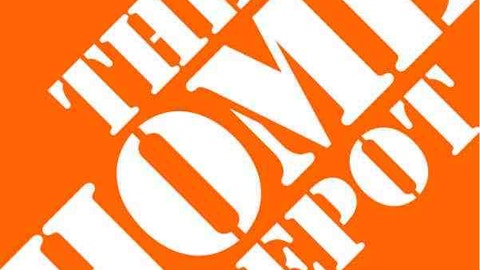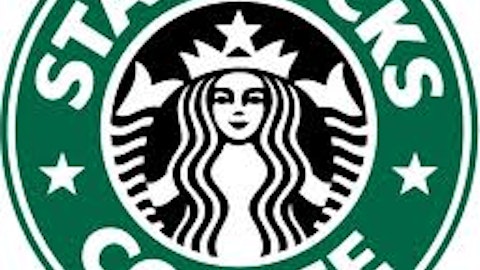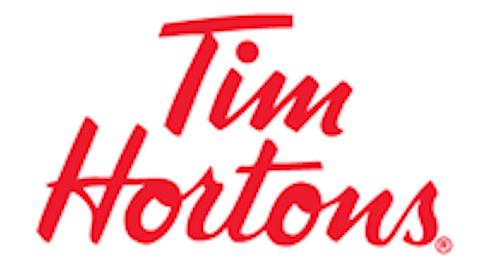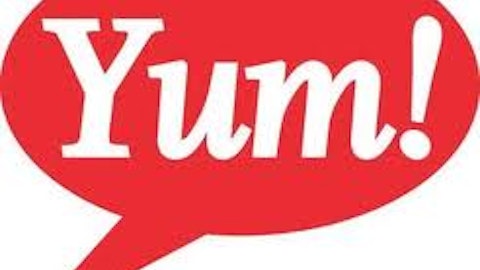A company’s culture is a key factor for consumers and investors alike. While consumers often go bargain hunting, they are also inclined to shop for satisfying buying experiences. Also, investors should buy shares of companies which they know and like that also provide goods and services that they understand. Think of this as a “Buffett for Dummies” approach to investing. Investors ultimately make decisions based on a company’s financial strength; and this, as well as the culture, is determined by sound leadership.
Culture means leadership in social responsibility
A company’s success and its culture are determined by its leadership; the Board of Directors, corporate executives, and senior management. A company’s human resources also reflect its business culture.
A key value to consider when buying into a culture is how a company treats its employees and its customers, and this is often an ethical consideration. One way for consumers and investors to find companies with these values is to seek out socially responsible companies. Despite the lingering pessimism about investing since the 2008 financial tsunami, investors have returned to the markets, and some investors are paying more attention to business ethics.
There are socially responsible companies worth considering which are profitable and aspire to higher ethical standards. These include outfits like Starbucks Corporation (NASDAQ:SBUX), Whole Foods Market, Inc. (NASDAQ:WFM) and even the home improvement retail chain The Home Depot, Inc. (NYSE:HD).
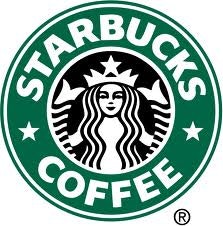
Starbucks’ quality coffee culture
Starbucks Corporation (NASDAQ:SBUX) has made its cultural brew (so to speak) by connecting its business model to its societal role in the global village; it does business in 60 countries. The company has gained market share because of its culture as well as its quality coffee products. The outfit buys coffee beans from small farmers above market rates while supporting sustainable agriculture in the third world.
Starbucks Corporation (NASDAQ:SBUX)’ culture of quality is also reflected in how its workers are treated. In fact, all Starbucks employees are offered health insurance (although it remains to be seen if Obamacare will change this policy).
As for business performance, in the third quarter Starbucks Corporation (NASDAQ:SBUX) reported that its net revenue increased 13% to $3.7 billion while global store sales grew 8%. Margins are also improving – up by about 150 basis points to 16.4%. Moreover, earnings-per-share were 55 cents-a fresh brewed increase of 28% compared to the same quarter in 2012.
Ultimately, Starbucks Corporation (NASDAQ:SBUX)’ future growth depends on factors like expanding its “ready to drink” product in the domestic retail sector and growing its brand in China with this line. Also, the company’s acquisition of San-Francisco based La Boulange has been a successful venture thus far, so the prospects for its continued profits are good.
Whole Foods is a peaceful culture warrior
Whole Foods Market, Inc. (NASDAQ:WFM) operates a chain of natural and organic foods supermarkets. The organic grocery leader supports sustainable agriculture and reducing waste and consumption of nonrenewable resources. The food chain also encourages environmentally sound programs with its Whole Planet Foundation which seeks to alleviate poverty in rural communities worldwide.
The company reported third quarter results in May which included completing a two-for-one stock split. This good news was coupled with a 20.3% increase in diluted earnings per share to 38 cents. The earnings growth, in turn, was due to a 12.1% increase in sales; average weekly sales increased to approximately $728,000.
Whole Foods Market, Inc. (NASDAQ:WFM) also produced about $228 million in cash flows from operations and invested roughly $113 million in capital expenditures-$69 million to open new stores. Moreover, the company paid cash dividends to common shareholders in the neighborhood of $37 million while repurchasing $25 million of its common stock. Finally, Whole Foods raised its fiscal year 2013 earnings-per-share range to $1.45 to 1.46. These excellent results obviously mean that Whole Foods Market, Inc. (NASDAQ:WFM) remains on a clear path to prosperity.
Home Depot is a green operator
The Home Depot, Inc. (NYSE:HD) is the well regarded leader in the home improvement retail sector. Investors may be surprised to learn that the company also shoots to be green. This is evidenced by the retailer’s Forest Stewardship Council certified-wood program. Home Depot is the first US home improvement retailer to carry FSC-certified wood.
The company is a leader in sustainable-wood sourcing with more than 94% of its wood coming from responsibly managed domestic forests. A small fraction of that-less than 0.15%-comes from South American rainforests.
Business wise, The Home Depot, Inc. (NYSE:HD) has a solid track record of earnings-per-share growth due in large part to consistent revenue growth. In the past year, the share price has risen by about 40%. That said, the retailer’s stock price is hovering at $75 per share which is close to its 52 week high. In the long run, however, a more solid housing recovery will be a boon to The Home Depot, Inc. (NYSE:HD)’s share price.
The bottom line
Obviously, investors want to make money by investing in profitable companies. To paraphrase the late economist Milton Friedman, the business of business is business. So investors need to first consider a company’s financial strength and its ability to make profits.
However, another consideration for many investors is how companies go about making profits; and this comes down to a question of values (not be confused with value investing). In the final analysis, a key factor for consumers and investors is a company’s culture, in addition to its financial strength. Making profits and creating a quality culture often go hand in hand.
The article How Culture Can Drive Returns originally appeared on Fool.com and is written by Kyle Colona.
Kyle Colona has no position in any stocks mentioned. The Motley Fool recommends Home Depot, Starbucks, and Whole Foods Market. The Motley Fool owns shares of Starbucks and Whole Foods Market.
Copyright © 1995 – 2013 The Motley Fool, LLC. All rights reserved. The Motley Fool has a disclosure policy.
